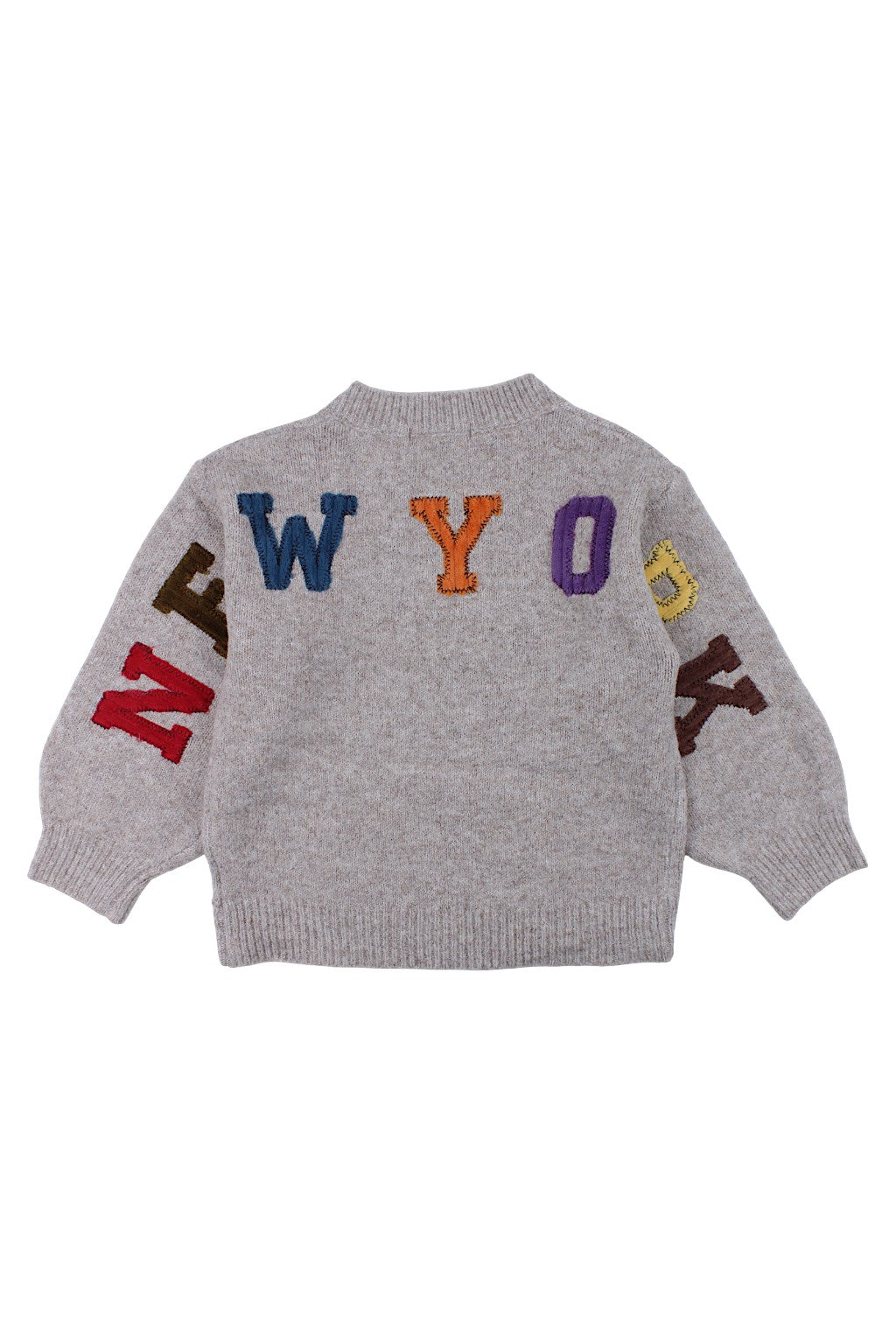How to Support Your Toddler Through Difficult Emotions: Practical Advice for Parents
Every child experiences a variety of emotions throughout the day. Anger, frustration, and sadness are natural parts of childhood that can often be difficult for both the child and their parents to understand. Emotional support is crucial for a child's healthy development, so it's worth knowing how to effectively support your child during difficult times. Below are some practical tips to help parents understand and manage their children's emotions.
Open communication – the key to understanding emotions
One of the most important steps in helping your child with difficult emotions is open communication . Encourage your child to express their feelings. You can do this by asking them what happened and how they feel. It is important not to judge their emotions, but to accept them. Remember that even the smallest frustrations can be a huge problem for your child.
How to ask questions?
Ask specific questions that allow your child to speak freely. For example:
- “Are you upset that you can’t play with your friends?”
- “How do you feel when something doesn't go your way?”
Emotional coping practices
Supporting your little one also means teaching them practices that will help them cope with their emotions. Develop a strategy together that will work in difficult moments. Here are some proven methods:
Breathing techniques
Teach your child simple breathing exercises. For example, you can count to three together, inhaling through your nose and then exhaling through your mouth. These types of exercises can help calm your body and mind.
Creating a fairy tale
Creating a story together in which the characters experience emotions similar to those of the child can help to understand those feelings. Create characters and situations that show how to cope with difficulties.
Use of toys and games
When a child is anxious, play can be a great way to calm their emotions. Use toys or games that help to relieve tension. You can consider buying creative play sets that will cheer your child up and distract them from their problems at the same time.
Visit our store and check out our range of accessories and clothes for children , which can become the perfect tools for dealing with emotions!
Building a sense of security
Children need a stable and safe environment to fully explore their feelings. A supportive atmosphere will help your little one feel comfortable sharing their emotions. It’s also a good idea to build a daily routine that will give your child a sense of confidence.
Daily routine
Regular meals, playtime, and moments of relaxation are the building blocks of a daily routine. By offering your child predictability, you can help them feel more comfortable during difficult times when their emotions may be running high.
Summary
Supporting your toddler through difficult emotions is a task that requires patience and empathy. Open communication, emotional coping practices, and creating a safe environment are steps that can significantly help in dealing with emotional challenges.
Don't forget that through play and discovery, you can create a space where your child can freely share their feelings. Visit our store to find the right materials to support your child's emotional development!
























